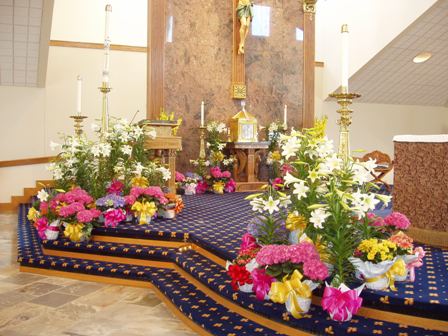“I wanted somehow to make it not so,” lamented the man, eulogizing a friend who died young. His words gave poignancy to humanity’s ageless heart-cry. Death stuns and scars us all. We ache to undo what can’t be undone.
The longing to “make it not so” might well describe how Jesus’ followers felt after His death. The Gospels say little about those awful hours, but they do record the actions of a few faithful friends.
Joseph, a religious leader who secretly believed in Jesus (see John 19:38), suddenly found the courage to ask Pilate for Jesus’ body (Luke 23:52). Ponder for a moment what it would take to remove a body from a grisly crucifixion and tenderly prepare it for burial (v. 53). Consider too the devotion and bravery of the women who stayed with Jesus every step of the way, even to the tomb (v. 55).
These followers weren’t anticipating a resurrection; they were coming to terms with grief. The chapter ends without hope, merely a somber, “Then they went home and prepared spices and perfumes [to embalm Jesus’ body]. But they rested on the Sabbath in obedience to the commandment” (v. 56).
Little did they know the Sabbath intermission was setting the stage for history’s most dramatic scene. Jesus was about to do the unimaginable. He would make death itself “not so.”












